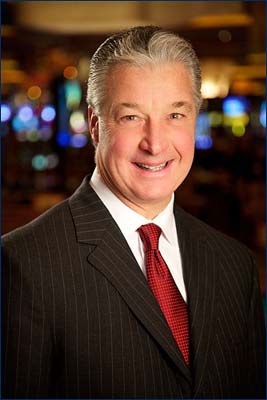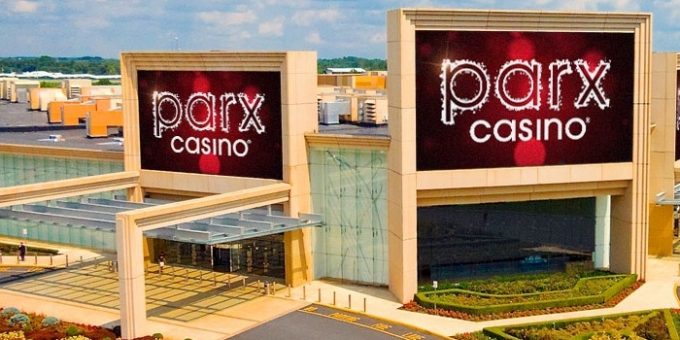Pennsylvania government officials and business leaders came out in favor of building the Parx Casino in Shippensburg, despite concerns from residents and community leaders. In a series of community meetings, parties in favor and opposition of the proposed casino met to discuss concerns over the impact of a casino in the small town community.
The Naysayers
Community members opposed to the Parx Casino argue that casinos are an unwelcome imposition on a small farming community by big investors. The Shippensburg area is bordered by farmland as well as Amish communities. The addition of gambling activity in the area would add to traffic problems and increase the potential for crime.

Church leaders also cite the moral issues over gambling and casinos in general, and one of the most vocal opponents, Rev. Jim Rogers of the Shippensburg First Church of God, stated “We don’t want a casino in Shippensburg, just plain and simple.”
Rogers went on to argue that any financial boom generated by the casino would be met with a bust when the negative impacts of gambling hit the quiet community. Rather than increasing funding for community services needed to address the negative impact of the casino, the Reverend proposed that there should be no casino at all.
The Proposed Mini-Casino
The proposed Parx Casino is a Category 4 casino, also called a mini-casino. Category 4 casinos are allowed to have between 300 and 750 slots machines and up to 30 table games. The new categories of gaming licenses were created by the Pennsylvania government in 2017 as a way to solve growing budget deficits.
The law authorizes up to 10 mini-casinos to be opened across the state, with the stipulation that they must be located at least 25 miles from other Pennsylvania casinos. Greenwood Gaming and Entertainment plans to open its mini-casino under the Parx Casino brand. The mini-casino will have 475 slot machines, 40 table games, and a sports betting lounge, located on Interstate 81 in Shippensburg Township.
Those in Favor
“Overall, we believe that the potential gains of a casino project will far outweigh any marginal risk, and will provide a long-term economic benefit for the greater Shippensburg area,” said Shippensburg Township Supervisor Steve Oldt. He went on to explain how the increased revenue generated by the casino will not only benefit the community with more jobs, it will also ease the local property tax burden of residents.

Greenwood CEO Tony Ricci claims the casino will create around 200 full- and part-time jobs with an average salary of $42,000 for full time workers. Ricci also claimed that $1.8 million in direct payments would go to the Shippensburg Township and Cumberland County. In addition, the casino could pump $43 million directly into the regional economy. The added revenue would also provide much-needed support for volunteer fire companies which currently spend more time on fundraising than putting out fires.
In a packed house at the Shippensburg University Foundation conference room, community leaders debated the pros and cons of the casino with an audience of community residents and business leaders. Those in favor reminded skeptics that everyone in the community would benefit from the casino’s revenue, and that its proposed rural location keeps the property outside of town borders.
Community meetings will continue through the spring until a final decision is made. The Pennsylvania Gaming Control Board will come to a decision within a few months, and if they give the Parx Casino the green light, it will be ready to open its doors by the end of 2020.
Disclaimer: All images are copyright to their respective owners and are used by USA Online Casino for informational purposes only.












